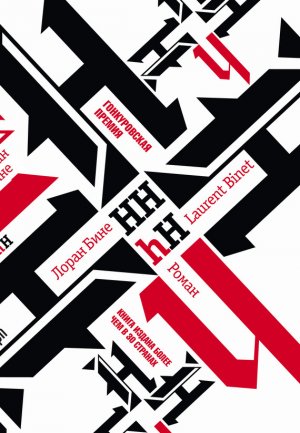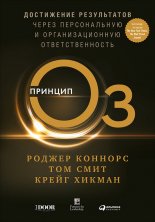HHhH Бине Лоран

Читать бесплатно другие книги:
Tantra on kehareligioon. Muidugi l?heb see kaugemale kui keha,aga see on kehaga seotud. See on ainus...
1991 год. Август. На Лубянке свален бронзовый истукан, и многим кажется, что здесь и сейчас рождаетс...
О новом взгляде на понятие «ответственность» с точки зрения достижения результатов, а не ответственн...
Люди ведут себя рационально по отношению к толстым книгам, откладывая их… Что такое «рационально», м...
Слэш. 1930 год, холодная Россия только оправляется после Гражданской войны. Жизнь обычного советског...
Имя святителя Димитрия Ростовского широко почитается Русской Церковью. Это православный архиерей руб...






